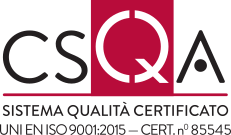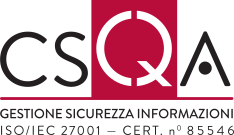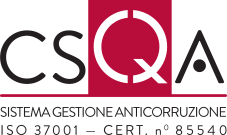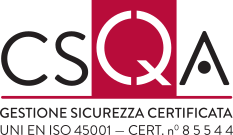In the context of a regional healthcare system which is always more oriented towards both the take in charge of patients under situations of chronicity and long-term assistance and integrated models for healthcare and social intervention, the Electronic Health Record (Fascicolo Sanitario Elettronico - FSE) has been chosen by the Emilia-Romagna Region as the preferential joint archive for the clinical history of the citizen/user. Realized by Lepida through an interoperable infrastructure collecting healthcare documents from different applications, the FSE standardizes the rules for producing and accessing data, for sending data to the National Infrastructure for Interoperability (Infrastruttura Nazionale per l’Interoperabilità - INI), and guides the development of IT company systems according to a shared and coherent model.
Lepida operates to enlarge the target group of citizens/users, also as a provider of Federa/SPID access and authentication services; projects and realizes new FSE functionalities available to citizens, in order to perform the greatest possible number of operations online, including support activities addressing professionals in order to facilitate the management of the take-in-charge and care path.
The diffusion of the SOLE Record (Cartella SOLE), the regional software for the General Practitioner’s management of clinical records, aims at favoring integration processes among professionals, facilitating the management of diagnostic-therapeutic-assistential paths among different hospitals and healthcare structures on the territory, with special reference to the organizational models of the Healthcare Houses. Lepida also expects to progressively expand the use of the SOLE Record among pediatricians.
Thanks to the expertise gathered with the participation to the most important work tables on standardization and regional and national working groups, Lepida supports the actors of the regional healthcare system through the development of innovative technologies and ICT services aiming at guaranteeing efficiency in the performance of clinical and administrative functions. Among the numerous areas of intervention are the dematerialization processes for prescriptions, the monitoring of access to healthcare services, the processes rationalising applicative systems such as the regional registry of patients, the regional registry for vaccinations, the system for the management of human resources.



